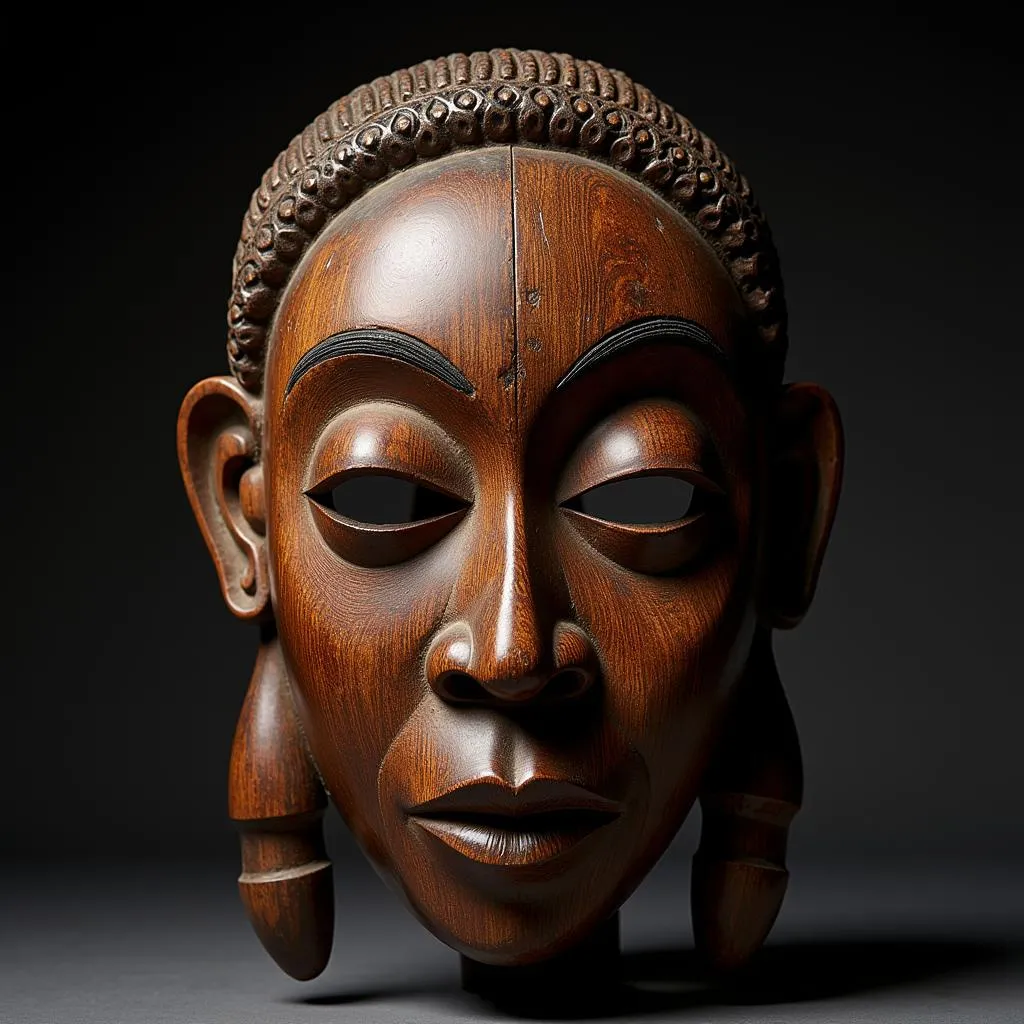Exploring the Melodies of Faith: African Baháʼí Songs
African Baháʼí songs offer a vibrant tapestry of melodies, rhythms, and spiritual meaning, reflecting the diverse cultures and languages across the continent. These songs blend traditional African musical styles with the universal message of the Baháʼí Faith, creating a unique and uplifting musical experience. They offer a window into the rich spiritual landscape of Africa and the growing Baháʼí communities within it.
The Harmony of Faith and Culture: A Deep Dive into African Baháʼí Songs
Baháʼí music, with its emphasis on unity and spiritual upliftment, has found fertile ground in Africa’s diverse musical traditions. African Baháʼí songs often incorporate traditional instruments, rhythms, and vocal styles, resulting in a beautiful fusion of the global and the local. From the rhythmic drumming of West Africa to the melodic harmonies of East Africa, the music reflects the unique character of each region. These songs serve not only as expressions of faith but also as a powerful tool for community building, education, and interfaith dialogue.
The Role of Music in the African Baháʼí Community
What makes these songs so significant? African Baháʼí songs play a vital role in the spiritual and social life of Baháʼí communities across the continent. They are used in devotional gatherings, celebrations, and educational programs. They serve as a means of teaching Baháʼí principles, sharing stories of faith, and fostering a sense of unity and belonging among believers. The songs often draw upon themes of unity, love, justice, and the oneness of humanity, reflecting core Baháʼí beliefs.
Regional Variations in African Baháʼí Music
How do African Baháʼí songs differ across regions? Just as African cultures vary widely, so too do the musical expressions of the Baháʼí Faith. In West Africa, the influence of drumming and polyrhythms is prominent, creating energetic and uplifting songs. In East Africa, melodic harmonies and Swahili lyrics are common, reflecting the region’s rich musical heritage. Southern Africa features a blend of diverse musical styles, incorporating elements of gospel, folk, and traditional African music.
The Power of Song: Sharing the Baháʼí Message Through Music
African Baháʼí songs are not only for members of the Baháʼí Faith; they also serve as a bridge to other communities. The universal themes of love, peace, and unity resonate with people of all backgrounds, creating opportunities for interfaith dialogue and understanding. The vibrant music and uplifting lyrics can inspire hope and promote a sense of shared humanity.
Preserving and Promoting African Baháʼí Music
Why is it important to preserve these musical traditions? Efforts are underway to document and preserve the rich diversity of African Baháʼí music. This includes recording songs, transcribing lyrics, and sharing the music with a wider audience. These initiatives help to ensure that future generations can appreciate the beauty and spiritual significance of this unique musical heritage.
In conclusion, African Baháʼí songs offer a vibrant expression of faith, culture, and unity. They represent a powerful blend of traditional African music and the universal message of the Baháʼí Faith, creating a unique and uplifting musical experience that resonates with people of all backgrounds. By exploring and appreciating these melodies, we can gain a deeper understanding of the rich spiritual landscape of Africa and the power of music to unite and inspire.
FAQ
- What languages are African Baháʼí songs sung in? Many languages, including Swahili, Yoruba, Zulu, and others.
- Where can I listen to African Baháʼí music? Online resources and Baháʼí community websites often feature recordings.
- Are there any prominent African Baháʼí musicians? While individual musicians may not be widely known internationally, talented individuals and choirs contribute to the rich musical tradition within the Baháʼí communities.
- How are African Baháʼí songs used in worship? They are integrated into devotional gatherings and prayers.
- What are some common themes in African Baháʼí songs? Unity, love, justice, and the oneness of humanity.
- How has African music influenced Baháʼí music globally? It has contributed to the diversity and richness of the global Baháʼí musical repertoire.
- Are there any festivals or events dedicated to African Baháʼí music? While specific festivals might not be dedicated solely to the music, it is often a prominent feature of Baháʼí gatherings and celebrations.
Need support? Contact us at +255768904061, [email protected] or visit us in Mbarali DC Mawindi, Kangaga, Tanzania. We have a 24/7 customer service team.
